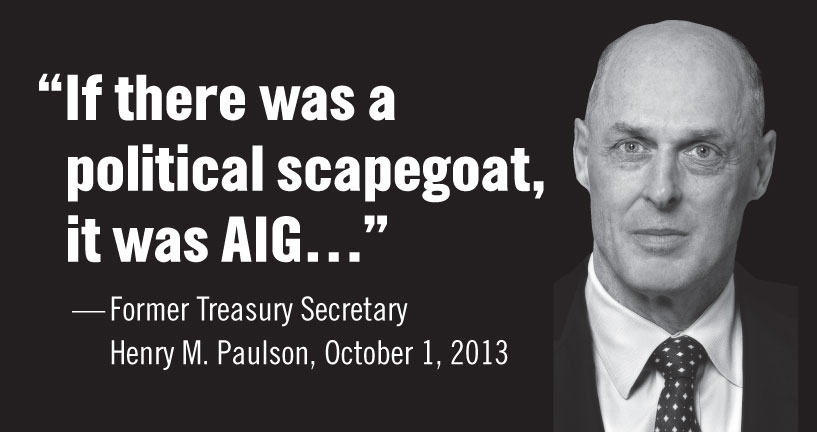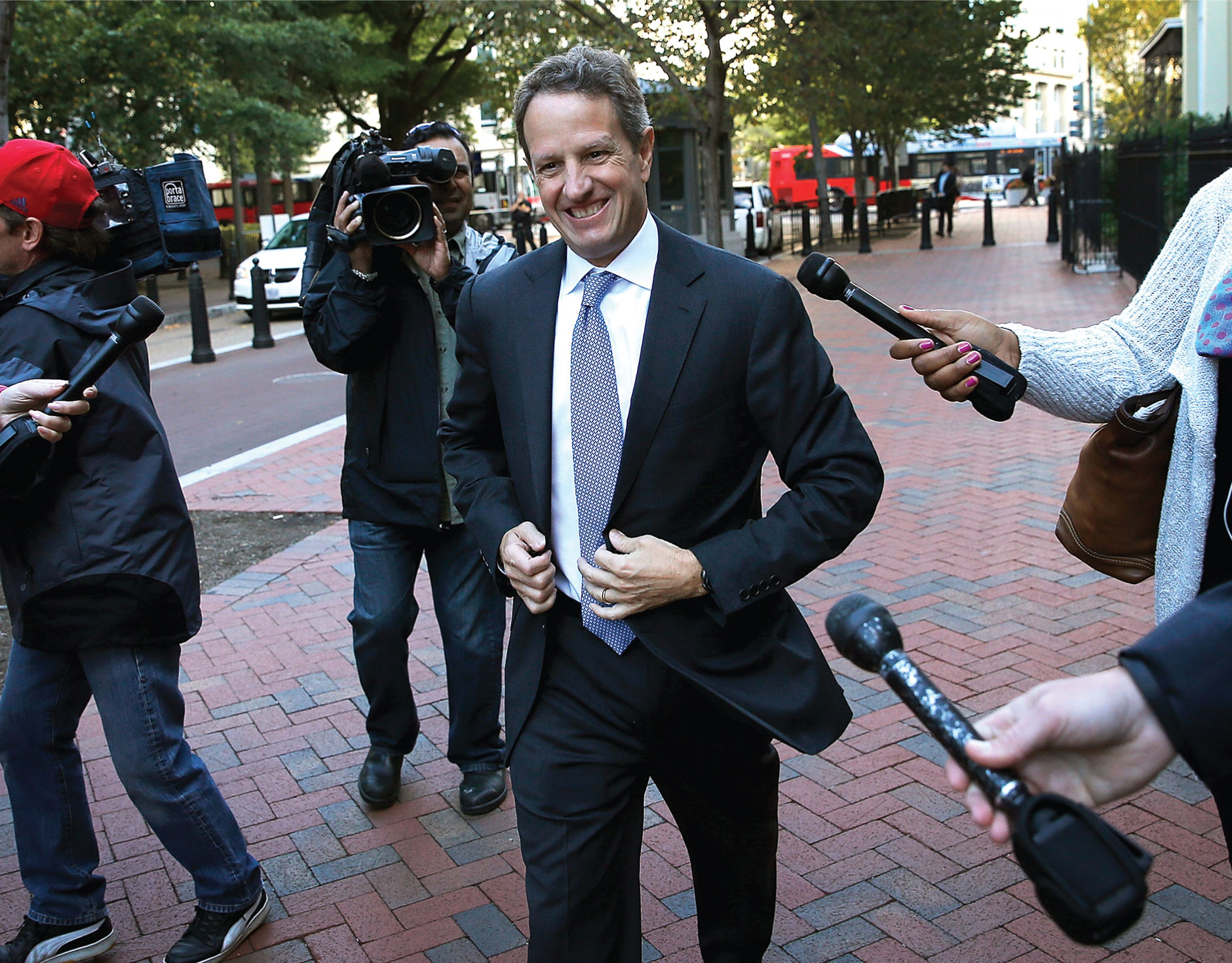The recent grand jury decisions involving civilian deaths at the hands of police officers have been like a one-two punch. Anger is still simmering in Ferguson, where a grand jury declined to indict officer Darren Wilson last month. Now that a separate grand jury has let NYPD cop Daniel Pantaleo off the hook for killing Eric Garner via chokehold on Staten Island this summer, plenty of pissed-off protesters in NYC have been busy wreaking havoc of their own.
Bona fide and armchair activists alike have been mulling over the same question: Who the hell did they find to serve on these grand juries? Even Greta Van Susteren—a Fox News personality—doesn't get what's going on here.
But we don't have to guess what cops think about all this—law enforcement officers have their own online forums, and if you ever want to hear the other side of the debate, those are the places where you go to find it.
For instance, there's Thee Rant, a forum where only verified cops can post. You can also visit PoliceOne, a multipurpose site where officers can both buy body cameras and debate what happened in the Eric Garner video. As you might imagine, posters are pretty secure in the idea that both Garner and Brown asked for it. And as upset as civilians are about the decision, these officers appear equally upset about what they see as the degradation of their profession in the public eye by people who don't respect their authority. Anyway, here's a sampling of how the other side thinks:
Kenstah:
But...the media keeps saying the officer did a CHOKE HOLD, like we're the WWF or something, NOT calling it a carotid restraint like it's supposed to be called.
Burn this bitch down!
Rick445:
Okay this is bad, right. People are protesting the POLICE and honoring CRIMINALS. And now for the multiplier: "Federal Authorities will conduct their own investigation." i.e. the first one was somehow flawed. ERIC HOLDER you are HELPING tear this country apart and attempting to tarnish my profession. Look in the mirror, do the right thing and RESIGN NOW! President Obama, if he does not do the right thing, do it for him.
Aviano25
I think this is the start of the civil war several people have suspected may be coming...stay guarded brothers in blue...that's white, black, asian, etc...
DPSCanton
What officers SHOULD do is nothing. This may sound horrible, but as we all have been shown, this is the truth. Most officers don't live in the neighborhood they patrol in, so if the citizens don't care about the neighborhod [sic], why should the police? Answer calls, take reports, TAKE YOUR PAYCHECK and go home. Don't be proactive, let the neighborhood destroy itself. It's not worth our lives or our career [sic.] If people want to live among criminals, thats [sic] their choice. I hope all the businesses that burned in Ferguson relocate and do not open shop in that town again. Police can't service people who cant [sic] serve and take care of themselves, their neighborhoods, so don't even try.
SAPDMAS
I WILL DO EVERYTHING IN MY POWER TO KEEP MY 2 SONS FROM EVER, EVER BEING LEOS [law enforcement officers]. This proffesion [sic] has been thrown under the bus and we have little to no support anymore. I will not let my sons be sacraficed for ungrateful, spoiled, hateful animals.
haziz
My 5 tips on how black and others can survive a police encounter with police are very simple and if you stop and think about it make a lot of sense: 1.Do NOT under any circumstance ARGUE with police out in the street. You cannot win an argument with police out in the field. 2.2. Do NOt raise your voice, but stay cool and calm. Do NOT make any quick or aggressive movements. Remember the police officer does NOT know you and will react to protect himself or those around him. 3.Police know that hands kill, so always keep your hands in plain sight. Before you move your hands ask permission, officer I need to go into my back pocket to get my ID, is that OK with you? 4.NEVER run from police even if you are innocent. When you run you create a heightened sense that something must be wrong here. 5.DO NOT resist arrest – if you do one of three things is going to happen: a.You are going to get beat down till you stop resisting b.You are going to get injured or accidentally killed c.And you are going to have charges taken out against you.
Da job sucks
Good bless the jurors for having common sense and not being bullied by Sharpton, Obama, holder and the rest of the racists
WasInTheBag
I was afraid this was going to be payback for Ferguson. Thankfully that wasn't the case.
ProjectKid
Thank the good Lord it happened in the Isle of Staten where there are still some working class white folks. The same situation in the bogey down would be an indictment for Murder. That's what "justice" has become. It all depends on where it happens.
HAPD
Hands up-fo chicken wings-hands up fo Obamaphones-hands up fo free cheeze. Good intelligent work on behalf of the majority of this Grand Jury. I'll be willing to wager that they can actually speak English and think and write in it also. As for Alwhore Sharpton Inc.-go stick yer head up a blow dryer you skull headed leech.
EddieR
F u c k Black America, their equal or worse than whites, when speaking of Racism...
F u c k Diversity, it's not working and never will work, Water and Oil don't Mix, no matter how much you try it always separates itself, Diversity only accomplishes one thing, Lazy, Dumb idiots who don't care about any Position they attain, You Listening Mr. President ?
So to summarize: At least a few cops out there think there's a war against them, that they should retaliate by not trying to help people anymore, that black people are just being racist, and that the media is incorrectly referring to the maneuver that killed Eric Garner.
Amid all of this, a cop killed an unarmed black man in Phoenix on Tuesday evening.
Follow Allie Conti on Twitter.














